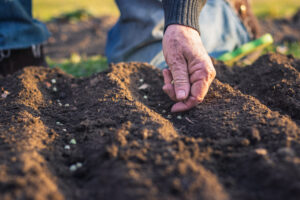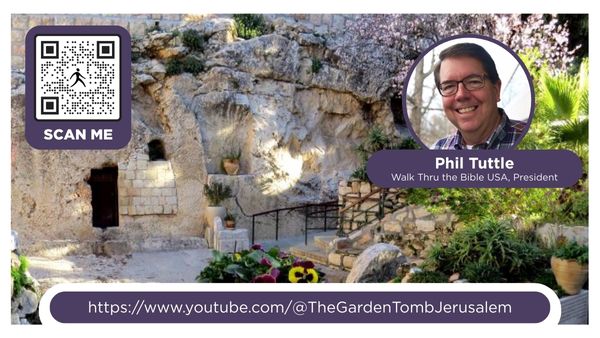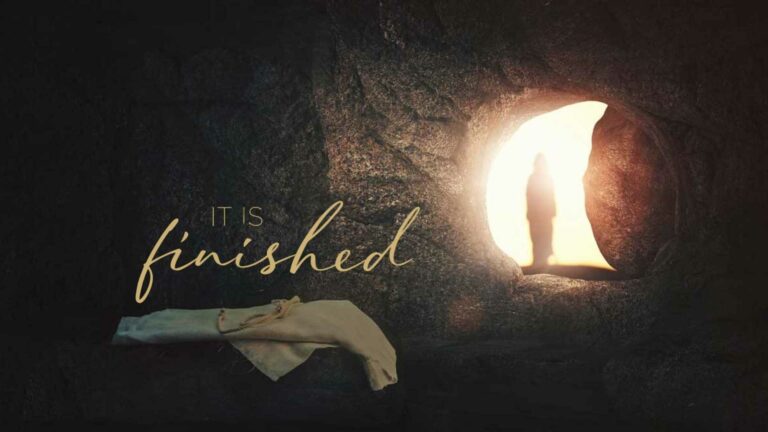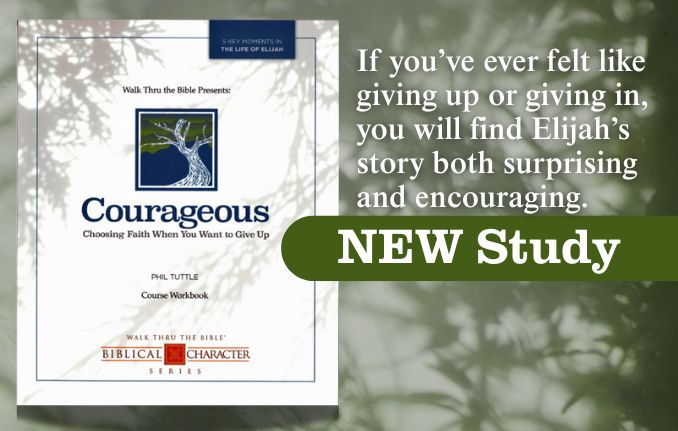I remember hearing it as a child but years later, as an adult, I was surprised to find another layer I didn’t know existed. Some call it the parable of parables. In one sense, it’s simple, but it’s also profound—a beautiful passage from God’s Word about God’s Word.
When Jesus began His public ministry, He preached with great authority and creativity. The common people loved Him; He spoke their language. Not only had there never been a rabbi like Jesus before, He was also a miracle worker. Whenever He came to town, word spread quickly.

One day, a great crowd had gathered, and Jesus began to teach using a method that was common for Him. He told a parable, an earthly story with a heavenly meaning. This parable, in Luke 8:4-9, is a seemingly simple story of the seed, the soil, and the sower.
Tell Us a Story
4 And when a great crowd was gathering and people from town after town came to him, he said in a parable, 5 “A sower went out to sow his seed. And as he sowed, some fell along the path and was trampled underfoot, and the birds of the air devoured it. 6 And some fell on the rock, and as it grew up, it withered away, because it had no moisture. 7 And some fell among thorns, and the thorns grew up with it and choked it. 8 And some fell into good soil and grew and yielded a hundredfold.” As he said these things, he called out, “He who has ears to hear, let him hear.” 9 And when his disciples asked him what this parable meant, 10 he said, “To you it has been given to know the secrets of the kingdom of God, but for others they are in parables, so that ‘seeing they may not see, and hearing they may not understand.’
Jesus’ disciples knew the parable had deep meaning but they did not understand it, so they asked Him what it meant. Jesus explained that a parable has two purposes. For some it reveals truths. If your eyes and heart are open, suddenly you can see it clearly. But those who don’t believe can’t understand, because they might be antagonistic, hard-hearted, or not ready for the truth it reveals.





